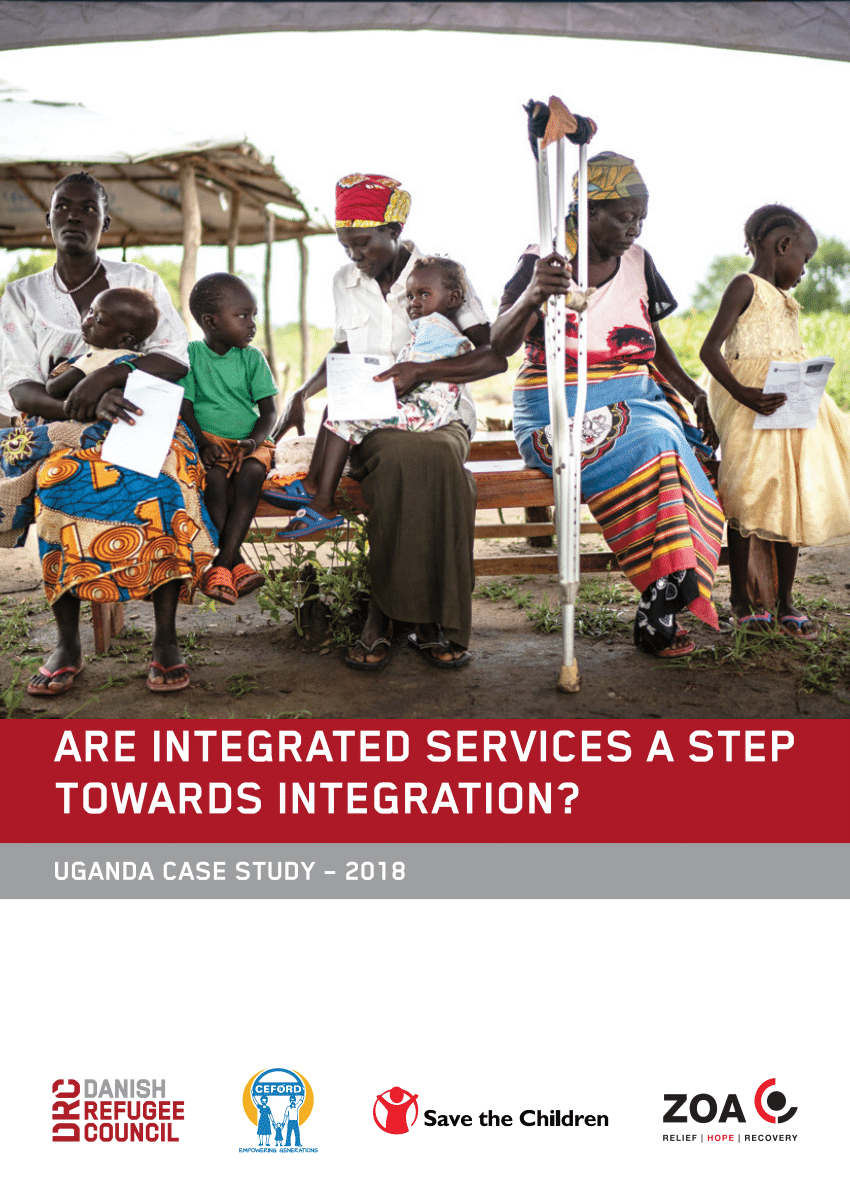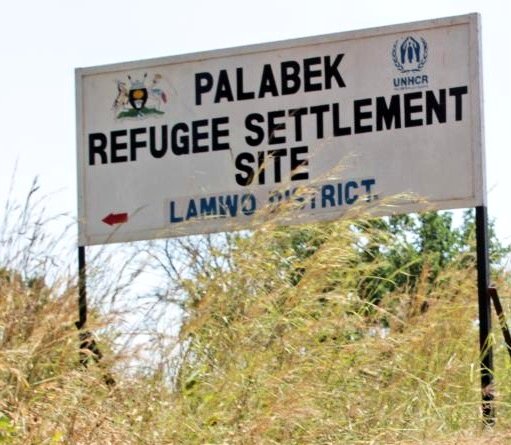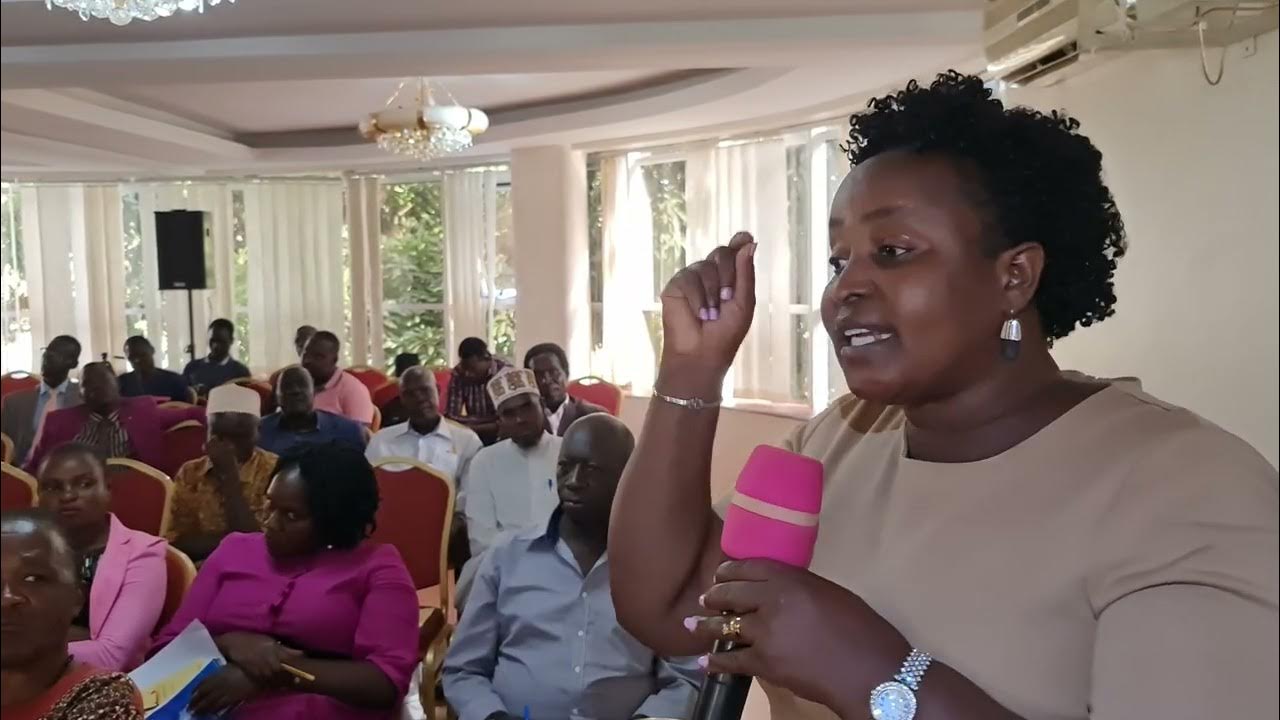As the Development Response to Displacement Impacts Project (DRDIP) approaches its conclusion on December 31, leaders from the West Nile region are pushing for the project’s continuation due to its positive impact on various sectors, including education, health, and infrastructure.
During a project review meeting in Arua City, leaders from the five refugee-hosting districts highlighted the substantial contributions of DRDIP to the development of their regions. Mambo Ashraf, the chairperson of Koboko district, emphasized the need for ongoing support for the district hospital, while Alfred Okuonzi, the chairperson of Arua district, expressed the need for teachers’ houses in schools that benefited from the project’s first phase.
Joel Ojedra of Madi Okollo district called for the construction of markets to enhance the livelihood component, and Zakia Aduyo, the deputy Speaker of Yumbe district, underscored the importance of urban water shades to promote clean and safe water in the population.
Dr. Robert Limlim, the executive director of DRDIP, urged district leaders to expedite project implementation to ensure completion before the deadline. He warned that failing to absorb the allocated funds by December 31, 2023, could result in the loss of the money, urging district desk officers to disburse funds to beneficiaries’ accounts promptly.
DRDIP has been implemented in 15 refugee-hosting districts, including Adjumani, Moyo, Obongi, Yumbe, Koboko, Arua, Terego, Madi-Okollo, Kiryandongo, Hoima, Kikuube, Kyegegwa, Kamwenge, Isingiro, and Lamwo. The leaders’ plea for the project’s continuation is based on its evident positive impact on the communities it serves.




















